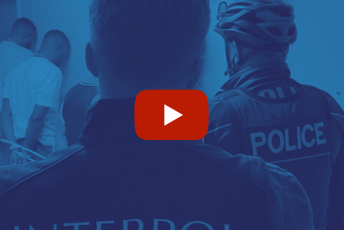Social media platforms have become powerful tools to amplify and share narratives. Like many evolving technologies, platforms such as Twitter or Facebook may be used for social good or for ill. Digital vigilantism (whereby social media platforms are used for organised shaming, hounding or doxing of a target deemed by the online community to have transgressed norms) may have real-world consequences. In extreme cases this may result in acts of ‘terrorism’ or other forms of unlawful killing. Yet while digital vigilantism may appropriate traditional law enforcement mechanisms, in some cases it may also try to hold law enforcement to account.
Karen Allen is a Senior Research Advisor on Emerging Threats in Africa. She holds a Master’s degree in International Relations and Contemporary War from King’s College London and is a Visiting Fellow at the same institution. She was previously a BBC foreign correspondent working across East and Southern Africa and Afghanistan.
Isel van Zyl, Research Officer in the Complex Threats in Africa programme, holds a Master’s degree in Advanced European and International Studies from the Centre international de formation européenne (CIFE) in Nice, France.
Photo © Adobe Stock – Julien Eichinger.







